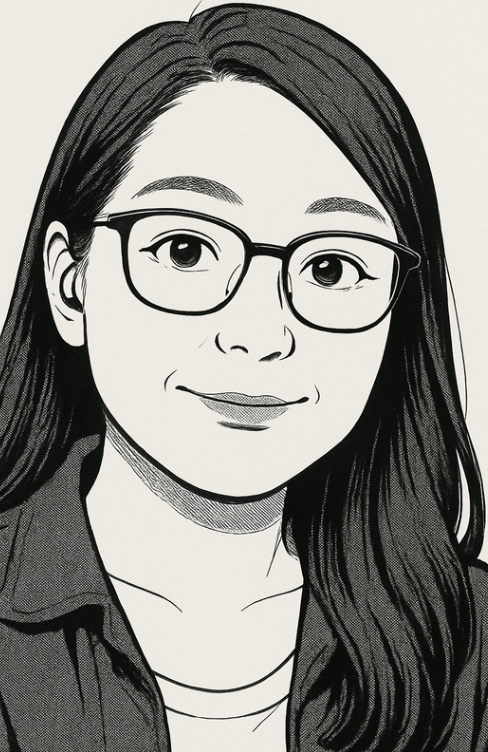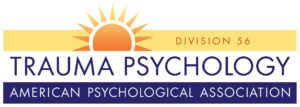Issue Archive
Who’s Who: D.H. Vu, PhD

Special Feature for the 50th Anniversary of the Fall of Saigon
“On the 50th anniversary of The Fall of Saigon, I’m wishing us the capacity to hold nuance, the fortitude to learn our stories, and the commitment to apply compassionate, abolitionist principles to Vietnamese everywhere.“
Associate Program Director
Sam W. Ho Health Justice Scholars Program
Tufts University School of Medicine
What have you observed about how war trauma gets passed down through generations in Vietnamese families?
War trauma often goes unspoken as it can feel dangerous and painful to revisit. Ideally, there would be culturally responsive, evidence-based therapy available to everyone who needed it, but that isn’t our reality. Our field has learned from the scholarship of Indigenous communities that land-based healing practices for a few weeks can be equivalent to intensive therapy as well. This is unfortunately not an option for many refugee and internally displaced populations and speaks to how the inaccessibility to several modalities of healing can perpetuate trauma.
Then there are ongoing factors that persist today that exacerbate trauma for survivors of the Vietnam War: land and property dispossession, censorship, and the political stratification of SES in Vietnam. The poverty experienced by many refugees in starting over in a new country with meager and/or inconsistent support can obviously strain families too.
The combination of silence and silencing has led to a gulf of information missing about the experience of The Vietnam War for recent generations, which may exacerbate the feelings of isolation and simultaneously, the existential importance of spotlighting survivors’ experiences. There are scholars and students of Vietnamese heritage who were taught to believe that the re-education camps were a form of summer school where South Vietnamese learned about communist philosophy, instead of the prisons laden with torture and forced labor that they were. It’s challenging to say the least then to be trauma informed with each other, intergenerationally speaking.
But, I want to be clear, it’s not just trauma that gets passed down. Refugees, and the generations that follow, know intimately that at any moment, everything can be taken away. And yet, if we stay open — to those we meet, even strangers, to the knowledge that finds us — a reversal of fortune may be possible. It is as much a hard-won, enduring optimism as it is a necessary resourcefulness when formal channels to uplift you and your family have been cut off or not built with you in mind.
When I imagine an intergenerational trauma informed approach, there’s room for nuance and a capacity for multiple stories. It might go a little like this…..“I believe you and now that I understand what happened, how can we build a future together from here?”
Submit a Who’s Who nomination on TPN’s online submission form
